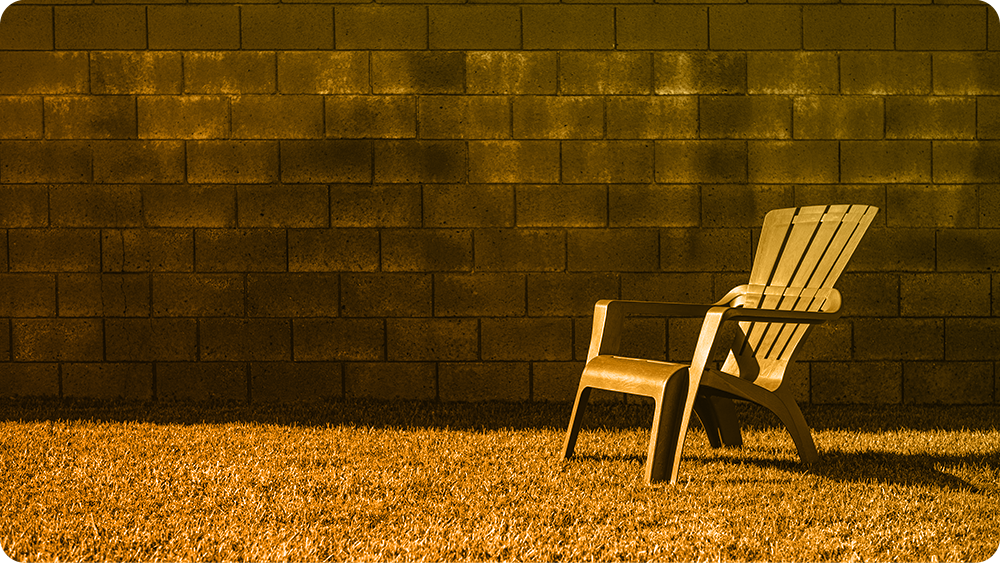living in the 'now'

In one of his letters, Seneca talks strongly about the “futility of planning ahead.” He says:
We plan distant voyages and long-postponed home-comings after roaming over foreign shores, we plan for military service and the slow rewards of hard campaigns, we canvass for governorships and the promotions of one office after another – and all the while death stands at our side; but since we never think of it except as it affects our neighbour, instances of mortality press upon us day by day, to remain in our minds only as long as they stir our wonder.
Yet what is more foolish than to wonder that something which may happen every day has happened on any one day? There is indeed a limit fixed for us, just where the remorseless law of Fate has fixed it; but none of us knows how near he is to this limit. Therefore, let us so order our minds as if we had come to the very end. Let us postpone nothing. Let us balance life's account every day.
Easier said than done, right?
Right. But I still find myself agreeing to this. We, being the flawed humans that we are, do fear the unforeseen. Uncertainty scares us and pushes our mind to strive for maximum control over all things, even those which are still waiting to be conceived in their own due time.
Seneca goes on to further say:
The greatest flaw in life is that it is always imperfect, and that a certain part of it is postponed. One who daily puts the finishing touches to his life is never in want of time. And yet, from this want arise fear and a craving for the future which eats away the mind. There is nothing more wretched than worry over the outcome of future events; as to the amount or the nature of that which remains, our troubled minds are set aflutter with unaccountable fear.
That is one dark picture.
It is indeed. And in this darkness we fade away from the current into the void of speculated upcoming occurrences, which might not even see the light of day ever. May be it was this realization which led Anais Nin to consider a different approach towards life as she mentions in her beautiful short poem ‘Risk’:
And then the day came,
when the risk
to remain tight
in a bud
was more painful
than the risk
it took
to Blossom.
And how exactly do you link this poem to what Seneca said in his letter?
Well, in the same letter, this is what he goes on to advise:
…begin at once to live, and count each separate day as a separate life. He who has thus prepared himself, he whose daily life has been a rounded whole, is easy in his mind; but those who live for hope alone find that the immediate future always slips from their grasp and that greed steals along in its place, and the fear of death, a curse which lays a curse upon everything else.
Now then, would you risk taking up such cursed life which Seneca warns us about or rather blossom in every passing day to live it at max like Anais Nin suggests?
Happy living!

Member discussion